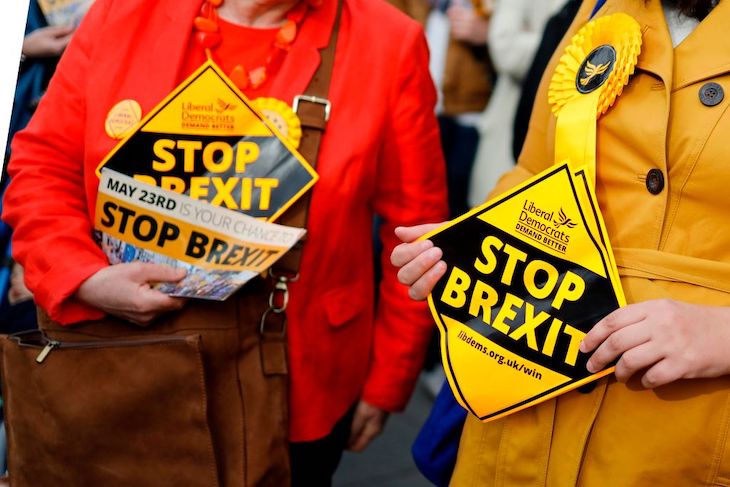Arguably, the past six months could not have gone any better for the Liberal Democrats. At the beginning of the year, the party seemed cast adrift as voters continued to support the two main parties, and the newly formed Independent Group looked ready to usurp them as the party of Remain in the UK. But since the local elections in May, the Lib Dems have built up an impressive amount of momentum, as they rose to come second in the EU elections and have overtaken both Labour and the Conservatives in national polling.
That momentum may hit a roadblock this week. On Thursday, the people of Peterborough will head to the polls, as they seek to replace the ousted former Labour MP Fiona Onasanya who has been found guilty of perverting the course of justice. Peterborough would not usually be the Lib Dems’ seat of choice – 60 per cent of the area’s residents voted to Leave in 2016, and only 1,500 voted Lib Dem in the 2017 general election. Yet the party’s recent run of success has buoyed their local activists. They may not be able to come first on Thursday, but the question remains: can they steal away voters from Labour, in the same way the Brexit party has pillaged the Conservative vote?
Beki Sellick, the Lib Dem candidate in the election, certainly thinks so. She says she was seen a marked increase in the number of Labour supporters flocking to her party recently. According to Sellick, people are coming to her from Labour and saying ‘Brexit is the biggest issue, we must stop it and Labour aren’t helping us.’ She believes that Brexit is the defining issue of this election, and because the Lib Dems’ position on the issue is ‘clearest’, her party is the natural place disaffected Remainers will be drawn to
If Remainers do migrate in large numbers to the Lib Dems, it is likely to have a large impact on the race. Although the Brexit party are favourites to win the Peterborough seat, Labour activists still believe they are in with a shot, due to their experience campaigning in the area, their historic voters, and the fact that they have been fighting this race since last year, before the Brexit party even existed. If the Lib Dems manage to win a similar share of the vote as they did in the EU elections though (polling suggests they managed to steal around 22 per cent of the Labour vote), then Labour’s path to victory would be much more difficult.
The Lib Dems may be completely opposed to the Brexit party on policy, but both parties have the same ambition on Thursday: to repeat their recent successes on the domestic stage. And if both manage to do so, then it could be a sign of things to come.







Comments